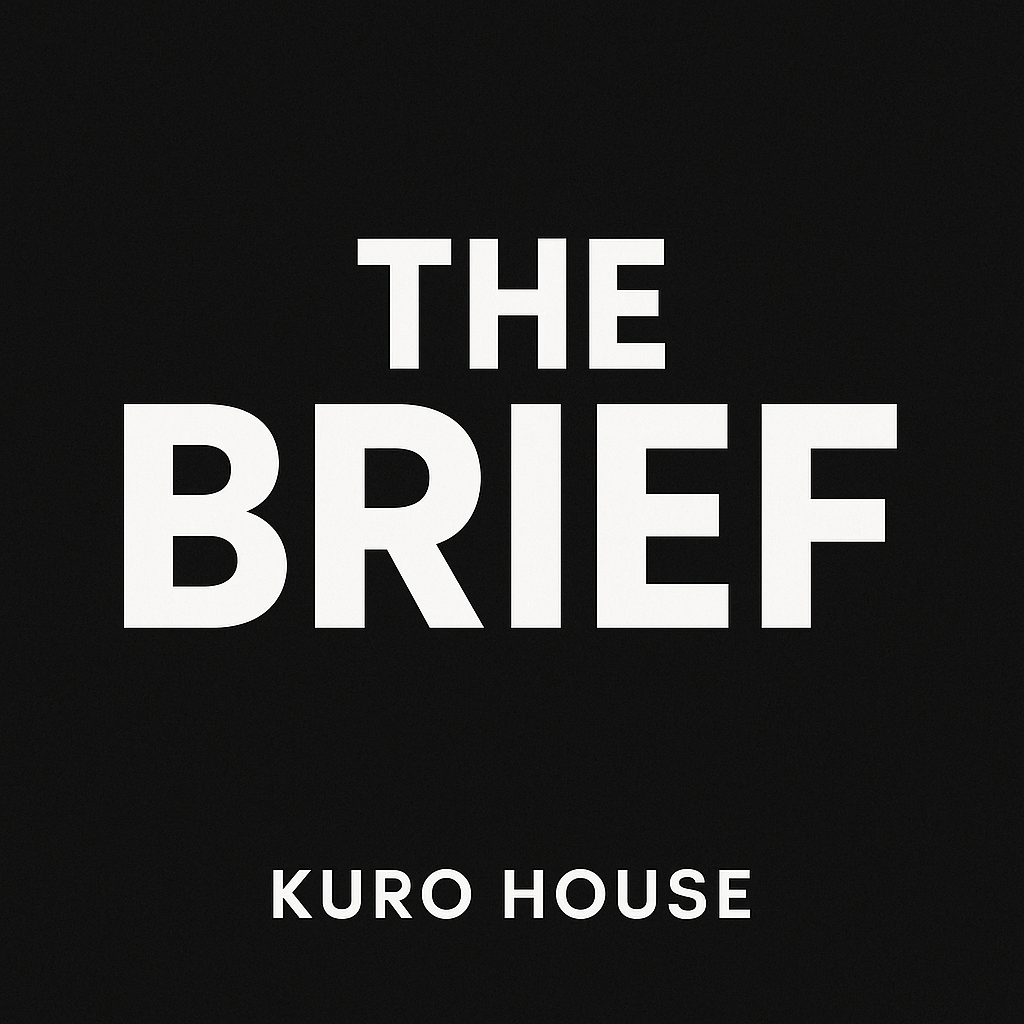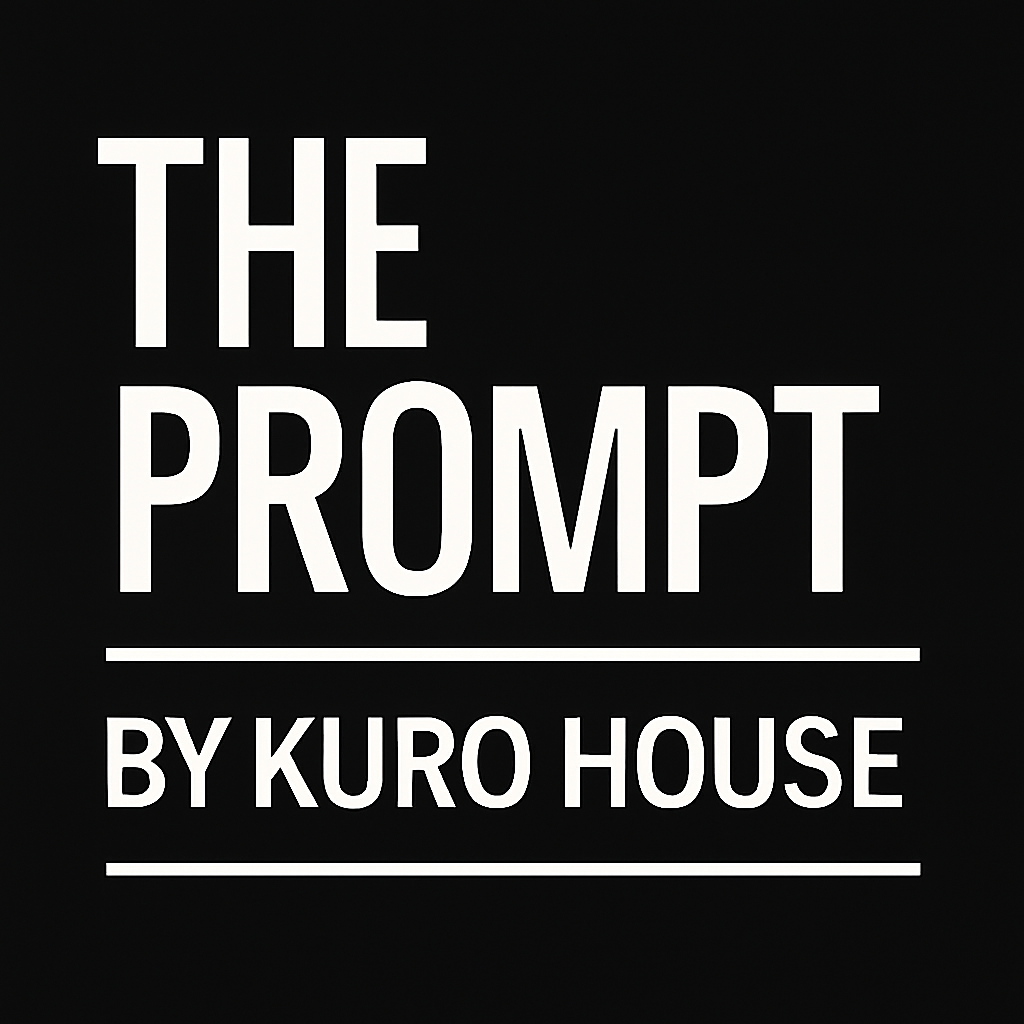Listen To The Show
Transcript
Welcome back to The Brief by Kuro House, your daily shot of marketing insight and media intrigue. Today, we’re diving deep into boardroom power plays, the ethics of internal endorsements, late-night TV’s seismic shakeup, and the global reverberations of agency work in geopolitics. Let’s get into the stories making waves in the last 24 hours.
First up, from Adweek, a major shareholder vote has solidified Jeff Green’s near half-control of The Trade Desk, one of the most influential demand-side platforms in the ad tech world. On September 16th, shareholders gathered—representing over 356 million shares—to decide whether to extend a looming deadline that would have automatically converted all Class B shares, which wield 10 votes each, into Class A shares, which only carry a single vote. Green, the CEO, holds more than 42 million Class B shares out of 43.3 million, plus nearly 5 million Class A shares. The vote? A staggering 94.5% in favor of pushing the deadline back by ten years, preserving the dual-class structure and ensuring Green’s 48% voting power. Only 5.2% opposed, and a mere 0.3% abstained. This comes at a turbulent time—The Trade Desk’s stock has plummeted 63% since the start of the year, thanks to mounting competition from Amazon, platform shakeups, and the end of its exclusive Walmart deal. Despite strong revenue growth, the company’s future is anything but certain, and it’s clear investors are betting on Green’s leadership to steady the ship.
Staying with The Trade Desk, another Adweek exclusive reveals a curious twist in their marketing communications. A leaked client deck promoting updates to their Kokai ad-buying platform featured glowing testimonials from so-called “traders.” But here’s the catch: LinkedIn sleuthing showed that these enthusiastic endorsers—names like Samantha Muhlstock, Evan Centofanti, and Karen Chen—are actually Trade Desk employees in trading or account roles. The company confirmed the testimonials were internal, explaining that Kokai had only been in internal testing, so it made sense to “spotlight some of our internal experts and show their feedback.” While not uncommon in tech rollouts, this raises questions about transparency and authenticity, especially when clients are looking for real-world, third-party validation before adopting a new platform.
Now, let’s talk about the late-night TV bombshell that’s dominating media headlines. According to Adweek’s TVNewser, Wednesday night saw Fox News and MSNBC air dueling interviews about the fate of ABC’s Jimmy Kimmel Live! Fox’s Sean Hannity hosted FCC chair Brendan Carr, who discussed the FCC’s unique power over broadcast networks and praised station groups Nexstar and Sinclair for preempting Kimmel’s show after a controversial monologue. Carr even hinted at possible FCC action against ABC, emphasizing the “public interest obligation” broadcasters hold. Meanwhile, on MSNBC, Illinois Governor JB Pritzker called the move “intimidation,” accusing the Trump administration of using its influence to pressure businesses and silence critics. He urged public protest and boycotts, while Democratic Congressman Jamie Raskin told CNN that this marks “a very dangerous moment for American constitutional democracy.” Kimmel’s indefinite suspension, following complaints about his remarks regarding conservative activist Charlie Kirk, has ignited a fierce debate about free speech, political pressure, and the future of broadcast TV.
Adweek also reports that ABC’s decision to pull Jimmy Kimmel Live! isn’t just a political drama—it’s accelerating the demise of traditional late-night TV and pushing audiences further toward streaming. Kimmel’s show, a staple for over two decades, isn’t officially canceled but is “pre-empted indefinitely.” This move, triggered by external criticism and regulatory pressure, is a stark signal that the old late-night model is on life support. As networks face mounting scrutiny and shifting audience habits, the streaming future is arriving faster than many expected, leaving the industry scrambling to adapt.
Finally, let’s turn to the agency world, where Stagwell’s work with Israel’s foreign ministry has sent shockwaves through the holding company and the broader marketing sector. As detailed by Adweek, investigative outlet Drop Site published a leaked deck showing that Stagwell had been hired to test propaganda-style messaging in the US and Europe. The research involved surveys of over 13,000 people across 13 countries and included sample videos designed to shape public opinion. Stagwell clarified that the project was handled by a specialized insights team, not its creative or media agencies. Still, the revelation has sparked internal and external debate about the ethical boundaries of agency work, the transparency of such projects, and the reputational risks for holding companies navigating complex geopolitical terrain.
That’s it for today’s Brief. From shareholder power moves and internal marketing debates to late-night TV’s existential crisis and the global reach of agency influence, these stories remind us how intertwined media, marketing, and politics have become. Stay sharp, keep asking questions, and we’ll see you next time on The Brief by Kuro House.

